What treatment
10+ Highly Rated Stem Cell Treatment for Aid Digestive Issues Clinics in South Korea
Reach Out to These Certified Stem Cell Treatment for Aid Digestive Issues Clinics List in South Korea Loved by Patients!
Chaum Medical Center
Overview
Premium healthcare at Chaum Medical Center, Seoul. Personalized anti-aging, stem cell therapy, and advanced medical services for a youthful life.
Read more detailsYonsei BH Clinic
Overview
Yonsei BH Clinic offers advanced stem cell therapy in Seoul, South Korea, for erectile dysfunction, anti-aging, Parkinson disease, dementia, diabetes, and more.
Read more detailsAllheart plastic surgery
AllHeart Plastic Surgery in Gangnam specializes in advanced cosmetic procedures, offering expert care in a modern facility for natural and safe results.
HELENE - Stem Cell Clinic
Overview
Japan Regenerative Medicine Leading Brand With over a decade of experience and more than 16,000 treated patients. Providing cutting-edge stem cell therapies tailored to various health concerns.
Read more details
Discover your treatment options with a free, no-obligation quote!
Get your quote now!Vega Stem Cell Clinic in Bangkok Thailand
Overview
Vega Clinic in Bangkok, Thailand, helps people feel better with special treatments. They use new ways to heal and make sure each person gets care made just for them.
Read more details
GIOSTAR Hospital Bengaluru
Overview
Discover GIOSTAR Hospital in Bengaluru, India—your go-to center for advanced stem cell therapies and cutting-edge procedures for orthopaedics. Explore treatments for diabetes, stroke, SCI, and more.
Read more details
Cell Grand Clinic – Japan’s Best Stem Cell Clinic
Overview
Explore Cell Grand Clinic, the best stem cell clinic in Japan specializing in top regenerative therapies for anti-aging, chronic conditions, and wellness.
Read more details
Dr. Ebenezer Abel Paul - Stem Cells in Malaysia
Overview
Explore Stem Cells in Malaysia with Dr. Ebenezer Abel Paul, offering cutting-edge regenerative therapies and advanced stem cell treatments.
Read more details
Discover your treatment options with a free, no-obligation quote!
Get your quote now!Dr. Pravin Patel's Innovative Hospital & Research Center
Overview
Dr. Pravin Patel's Innovative Hospital provides best stem cell treatment in Gujarat, India. Also offers Ozone therapy, Quantum therapy , EBOO therapy, Frequency & Laser Therapy at affordable cost.
Read more details
FirstCell Malaysia
Overview
FirstCell specialize on cell-based medicine and treatments especially via MSC and NKC to enhance wellness and for targeted treatment modules. We are committed in delivering excellent treatment.
Read more details
Live Stem Cell Asia - Premier Stem Cell Clinic in Malaysia
Overview
Discover advanced stem cell Malaysia treatments at Live Stem Cell Asia, Petaling Jaya. Experience personalized care and innovative regenerative solutions.
Read more details
StemRx Hospital and Research Centre
Overview
At StemRx Hospital & Research Centre, We specialize in advanced Regenerative Medicine & Stem Cell therapy for Autism, Cerebral Palsy, Orthopedics, Migraine, AVN & IVF providing personalized care.
Read more details
Klinik Setia Gemilang
Overview
Klinik Setia Gemilang: Leading in stem cell therapy, orthopedic treatments, and anti -ageing solutions Malaysia . It is part of Setia Gemilang Medicare which houses a clinic and dentist
Read more detailsBeike Biotech
Overview
Beike Biotechnology offers the best stem cell therapy in Thailand, combining top-quality regenerative treatment with cutting-edge technology for optimal patient care.
Read more detailsBoston Health Longevity - Anti Aging Stem Cell Therapy in Thailand
Overview
Experience advanced Anti Aging Stem Cell Therapy in Thailand at Boston Health Longevity. Improve cellular health, vitality, and longevity with expert care.
Read more detailsHebei Yanda International Hospital
Overview
Hebei Yanda International Hospital in Beijing, China, addresses your healthcare needs with expert oncology, cardiology, and neurology treatments.
Read more detailsMousai Wellness Center - Stem Cell Bangkok Thailand
Overview
Discover advanced Stem Cell treatments in Bangkok, Thailand at Mousai Wellness Center. Safe, innovative, and personalized care for lasting wellness.
Read more detailsNulook Anti-Aging & Regenerative Center
Overview
Nulook Anti-Aging & Regenerative Center in Bali, Indonesia offers Botox, Ultherapy, Dermal Fillers, Thermage, PRP, Pico Laser and more.
Read more detailsReeLabs Stem Cells in Mumbai, India
Overview
ReeLabs provides advanced Stem Cell Mumbai services, including stem cell banking and therapy for safe preservation and future medical use.
Read more detailsSCF Clinic - Stem Cell Bangkok Thailand
Overview
Experience advanced Stem Cell Bangkok Thailand at SCF Clinic. We offer CAR-T, NK Cell therapy, Exosomes, Multi-Cancer Early Detection & Anti-Aging programs.
Read more detailsWhich are the best clinics for Stem Cell Treatment for Aid Digestive Issues in South Korea?
For specialized stem cell treatment for digestive issues in South Korea, top facilities include Chaum Medical Center and Yonsei BH Clinic, both located in Seoul. These clinics are recognized for their advanced regenerative therapies, focusing on innovative techniques, stringent safety protocols, and personalized patient care to address various gastrointestinal conditions.
Chaum Medical Center in Seoul is well-regarded for its integrated approach to anti-aging and regenerative medicine, which includes advanced stem cell applications for chronic illnesses. They prioritize individualized treatment plans, leveraging cutting-edge diagnostics and therapies to enhance patient well-being and restore health. Yonsei BH Clinic, also situated in Seoul, is another leading institution specializing in diverse stem cell therapies. While their expertise spans multiple conditions, their innovative techniques in regenerative medicine are applicable to various gastrointestinal disorders, focusing on promoting healing and improving organ function for optimal digestive health.
What digestive issues can be treated with stem cell therapy in South Korean clinics?
Stem cell therapy in South Korea shows promise for treating several digestive conditions, including inflammatory bowel diseases (like Crohn's disease and ulcerative colitis), liver cirrhosis, and chronic pancreatitis. These advanced regenerative treatments aim to reduce inflammation, repair damaged gastrointestinal tissues, and restore vital organ function, offering new hope for patients with chronic conditions.
Stem cell therapy actively targets underlying inflammation and promotes tissue regeneration, which is crucial for conditions such as Crohn's disease and ulcerative colitis. In cases of liver cirrhosis, stem cell treatments strive to regenerate damaged liver cells, improving overall liver function and potentially slowing the disease's progression. For chronic pancreatitis, researchers and clinicians are exploring stem cells to alleviate inflammation and encourage pancreatic tissue healing, which can significantly reduce pain and improve digestive processes. These applications represent a frontier in therapeutic strategies for complex gastrointestinal health challenges.
How do South Korean clinics ensure safety in digestive stem cell treatments?
South Korean clinics prioritize patient safety in digestive stem cell treatments through strict regulatory compliance, adherence to international medical standards, and comprehensive patient screening. They utilize advanced cell processing technologies and maintain highly specialized medical teams. Ethical oversight and continuous monitoring ensure risks are minimized, making regenerative therapies for gastrointestinal health as safe and effective as possible.
Clinics in South Korea operate under stringent regulations set by the Ministry of Food and Drug Safety (MFDS) and other national health authorities, aligning with global safety benchmarks. They are equipped with state-of-the-art laboratories for isolating, cultivating, and expanding stem cells, all under strict quality control to guarantee cell viability, purity, and sterility. Experienced multidisciplinary teams, including gastroenterologists and regenerative medicine specialists, meticulously evaluate each patient. This rigorous assessment determines suitability for treatment and allows for customized plans designed to mitigate potential side effects while maximizing therapeutic benefits for digestive conditions.
What types of stem cells are commonly used for digestive issues in South Korean clinics?
Mesenchymal stem cells (MSCs) are predominantly utilized in South Korean clinics for digestive issues due to their regenerative and anti-inflammatory properties. These versatile cells can be sourced from various tissues, including the patient's own adipose (fat) tissue, bone marrow, or from donor umbilical cord blood. This flexibility allows for tailored therapeutic approaches in gastrointestinal regenerative medicine.
MSCs are favored for their capacity to differentiate into multiple cell types, modulate immune responses, and release growth factors that actively support tissue repair and regeneration. When using autologous MSCs (from the patient's own body), common sources include adipose-derived stem cells (ADSCs), harvested via a minimally invasive liposuction-like procedure, or bone marrow-derived stem cells (BMSCs), extracted from bone marrow. Additionally, allogeneic (donor) umbilical cord blood stem cells (UCBSCs) are also employed, prized for their high proliferative potential and immunomodulatory effects, especially when autologous options are limited. The selection of cell type and source is carefully considered based on the patient's specific digestive condition and overall health.
How long is the typical recovery period after stem cell treatment for digestive issues?
The recovery period after stem cell treatment for digestive issues in South Korea varies, largely dependent on the specific condition treated and the stem cell procurement method. Generally, patients experience minimal downtime, with a gradual return to normal activities spanning from a few weeks to several months. Comprehensive post-treatment care and monitoring are integral to optimize healing and achieve lasting benefits.
For procedures involving less invasive administration methods, such as intravenous infusions or localized injections, patients might resume light daily activities relatively quickly, often within a few days. However, treatments requiring surgical implantation or more extensive cell harvesting might necessitate a week or two of initial rest. The regenerative process itself unfolds gradually, with symptomatic improvements often becoming noticeable over several weeks to months as the transplanted stem cells integrate and exert their therapeutic effects. South Korean clinics provide detailed aftercare instructions, encompassing dietary advice, medication, and scheduled follow-up appointments to meticulously track progress and ensure optimal, sustained recovery of digestive health.
What should I consider when choosing a South Korean clinic for digestive stem cell therapy?
When selecting a South Korean clinic for digestive stem cell therapy, key factors include national accreditation, the medical team's specialized expertise in regenerative medicine for gastrointestinal conditions, and a strong track record of patient safety. Also, evaluate their advanced technological infrastructure, detailed pre- and post-treatment care plans, and transparent communication to ensure a trustworthy and effective healing journey.
First, confirm the clinic's official licensing and accreditation by South Korean health authorities, ensuring adherence to high standards. Research the medical team's qualifications, focusing on specialists in gastroenterology and regenerative medicine who have direct experience with your specific digestive condition. Inquire about the clinic's technological capabilities, including advanced diagnostic tools and sophisticated stem cell processing laboratories, which indicate a commitment to cutting-edge care. A reputable clinic will provide a personalized treatment plan tailored to your unique medical profile. Lastly, assess the comprehensiveness of their patient support services, from initial consultation through recovery, including clear aftercare instructions and robust follow-up protocols, which are vital for successful long-term outcomes in digestive health.
Are there specific diagnostic tests required before stem cell treatment for digestive issues in South Korea?
Yes, South Korean clinics mandate a thorough series of diagnostic tests before commencing stem cell treatment for digestive issues. These evaluations precisely assess your condition, confirm suitability for therapy, and help tailor an effective treatment plan. Typical tests include advanced imaging, endoscopic examinations, comprehensive blood analyses, and sometimes biopsies for accurate diagnosis and personalized regenerative medicine application.
The diagnostic process typically begins with a detailed review of your complete medical history, including all past diagnoses, treatments, and current medications. This is followed by extensive blood tests to evaluate your overall health, organ function (especially liver and kidney), inflammatory markers, and rule out any infections. Depending on your specific digestive issue, advanced imaging studies such as MRI or CT scans may be performed to visualize affected organs and assess the extent of tissue damage. Endoscopic procedures like gastroscopy or colonoscopy are often conducted for direct examination of the gastrointestinal tract, enabling precise identification of abnormalities and the collection of biopsies for cellular analysis. These rigorous tests ensure a precise diagnosis and the most effective stem cell therapy for your digestive health.
What is the typical process for getting stem cell treatment for digestive issues in South Korea?
The process for digestive stem cell treatment in South Korea typically starts with an initial medical consultation and a thorough diagnostic evaluation. Following a personalized treatment plan, stem cells are procured (often from the patient's own body), then administered via infusion or injection into the affected area. The journey concludes with a structured post-treatment follow-up program to monitor healing and ensure sustained recovery for improved digestive health.
Initially, you'll engage in a consultation, either virtually or in-person, where your medical history and existing reports are reviewed to determine your eligibility. Upon approval, you'll travel to the clinic for a comprehensive on-site diagnostic assessment, confirming your specific digestive condition and its severity. If autologous (patient's own) stem cells are chosen, a minor procedure will be performed to harvest cells from adipose tissue or bone marrow. These cells are then processed and expanded in specialized laboratories. The concentrated stem cells are administered through methods such as intravenous infusion, direct endoscopic injection into the affected gastrointestinal tract, or targeted local injections. Post-treatment care involves detailed instructions, lifestyle adjustments, and regular follow-up appointments to track your progress and evaluate the long-term effectiveness of the therapy for your digestive well-being.
Can international patients access stem cell treatment for digestive issues in South Korean clinics?
Absolutely, South Korean clinics are highly accommodating to international patients seeking stem cell treatment for digestive issues, offering extensive support services. These often include multilingual staff, assistance with visa processes, arranging suitable accommodation, and coordinating local travel. Many clinics have dedicated international patient departments, ensuring a smooth and comfortable experience from the initial inquiry through the entire treatment and recovery phase for global patients.
South Korea has a well-established and thriving medical tourism sector, with many clinics and hospitals specifically designed to cater to a global clientele. Prominent clinics frequently employ multilingual staff, including English-speaking coordinators and medical professionals, to ensure clear and effective communication throughout your treatment journey. To simplify logistics, specialized international patient departments often provide comprehensive concierge services, assisting with visa applications, airport transfers, hotel bookings, and local transportation. Initial consultations can often be conducted remotely via telemedicine platforms, allowing you to discuss your digestive condition and potential stem cell treatment options before even traveling. Clinics are generally attuned to cultural nuances, striving to create a welcoming and respectful environment for all international patients seeking advanced regenerative therapies.
What are the long-term expectations for stem cell treatment for digestive issues?
Long-term expectations for stem cell treatment for digestive issues typically include a significant reduction in chronic symptoms, improved gastrointestinal organ function, and an overall enhanced quality of life. While individual outcomes vary based on the specific condition and patient response, many experience lasting benefits. Ongoing research continues to refine therapeutic protocols, providing more comprehensive data on the sustained durability and efficacy of these innovative regenerative therapies.
Patients undergoing stem cell treatment for digestive issues often report a notable decrease in debilitating symptoms such as chronic pain, inflammation, discomfort, and irregular bowel function. The regenerative action of stem cells aims to repair and restore damaged tissues, potentially leading to improved functional capacity of affected organs like the liver or intestines. For some individuals, successful therapy can result in reduced dependence on long-term medications, offering a more natural and sustainable pathway to managing their chronic conditions. The ultimate goal is to significantly enhance the patient's overall well-being, enabling them to lead more active, productive, and healthier lives. It is important to acknowledge that while highly promising, stem cell therapy is a continuously evolving field, and continuous monitoring and follow-up are essential to track the durability of the benefits and adapt care as needed.












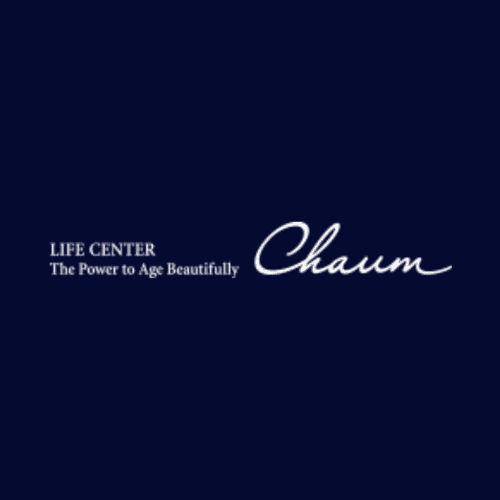
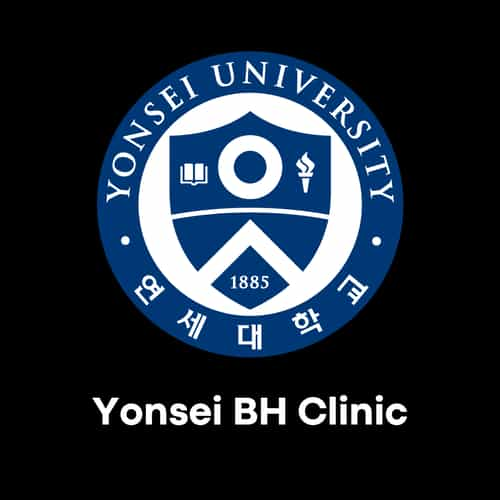
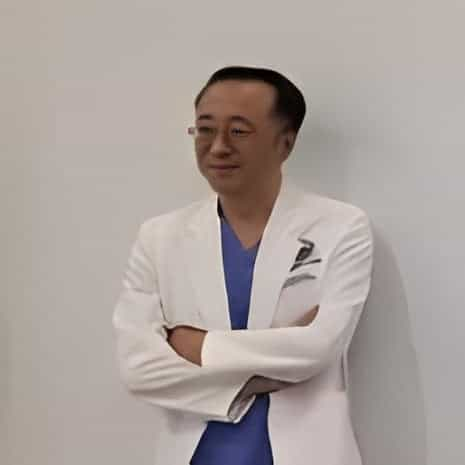
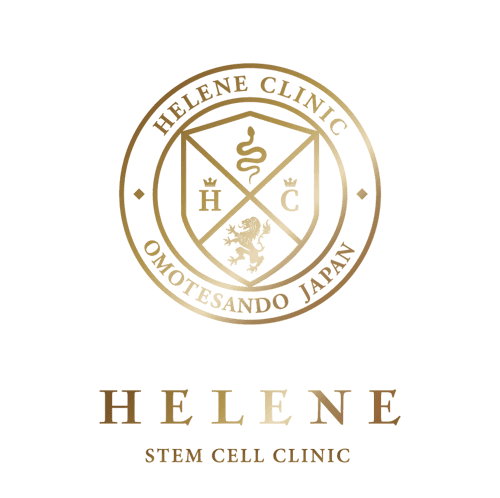
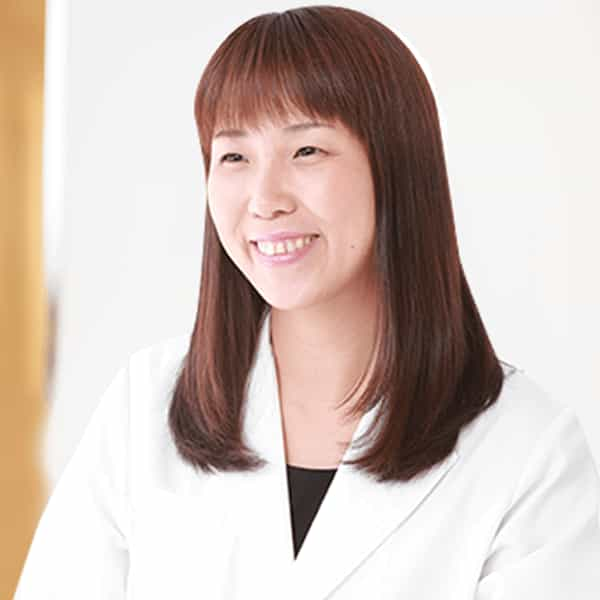
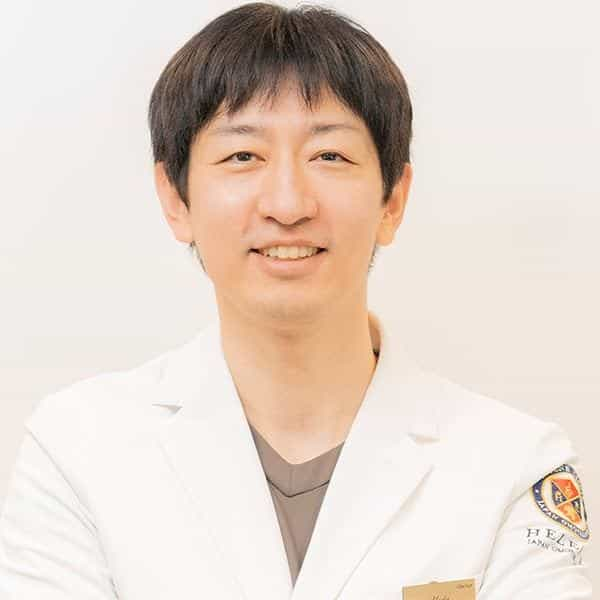
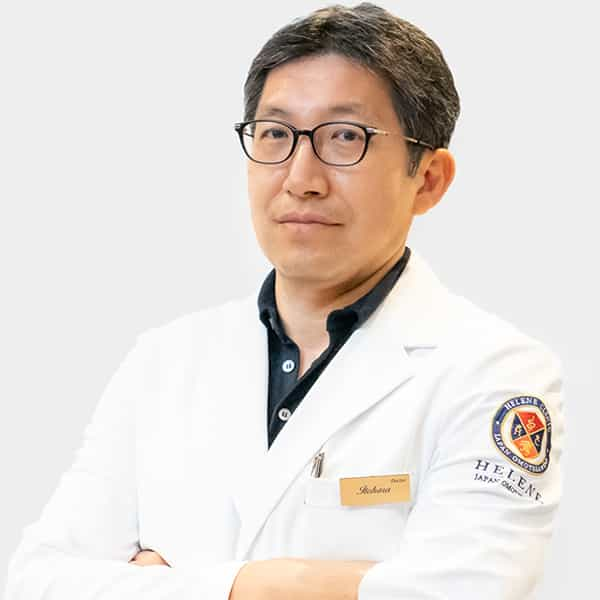
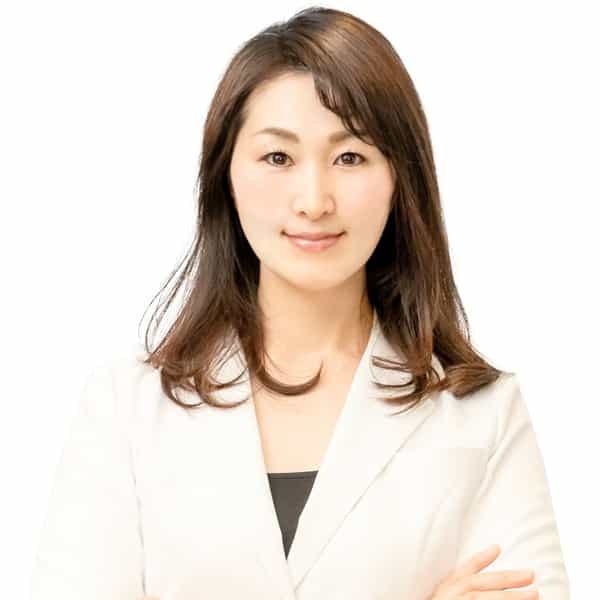
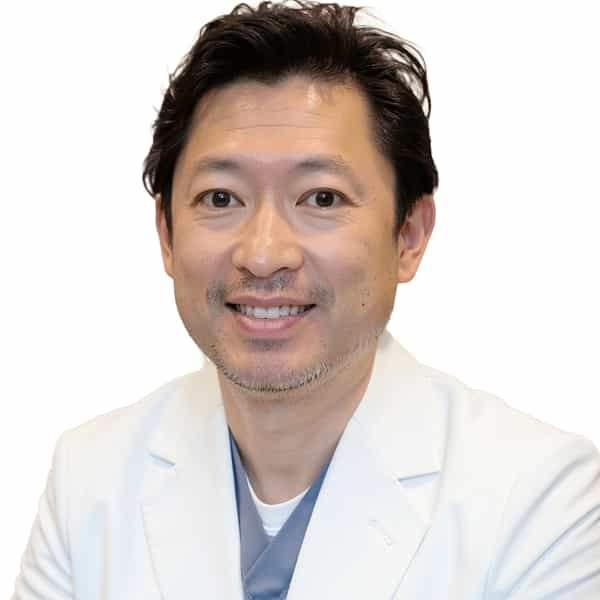
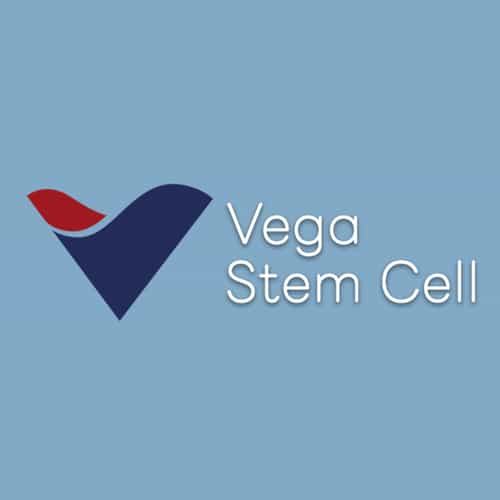
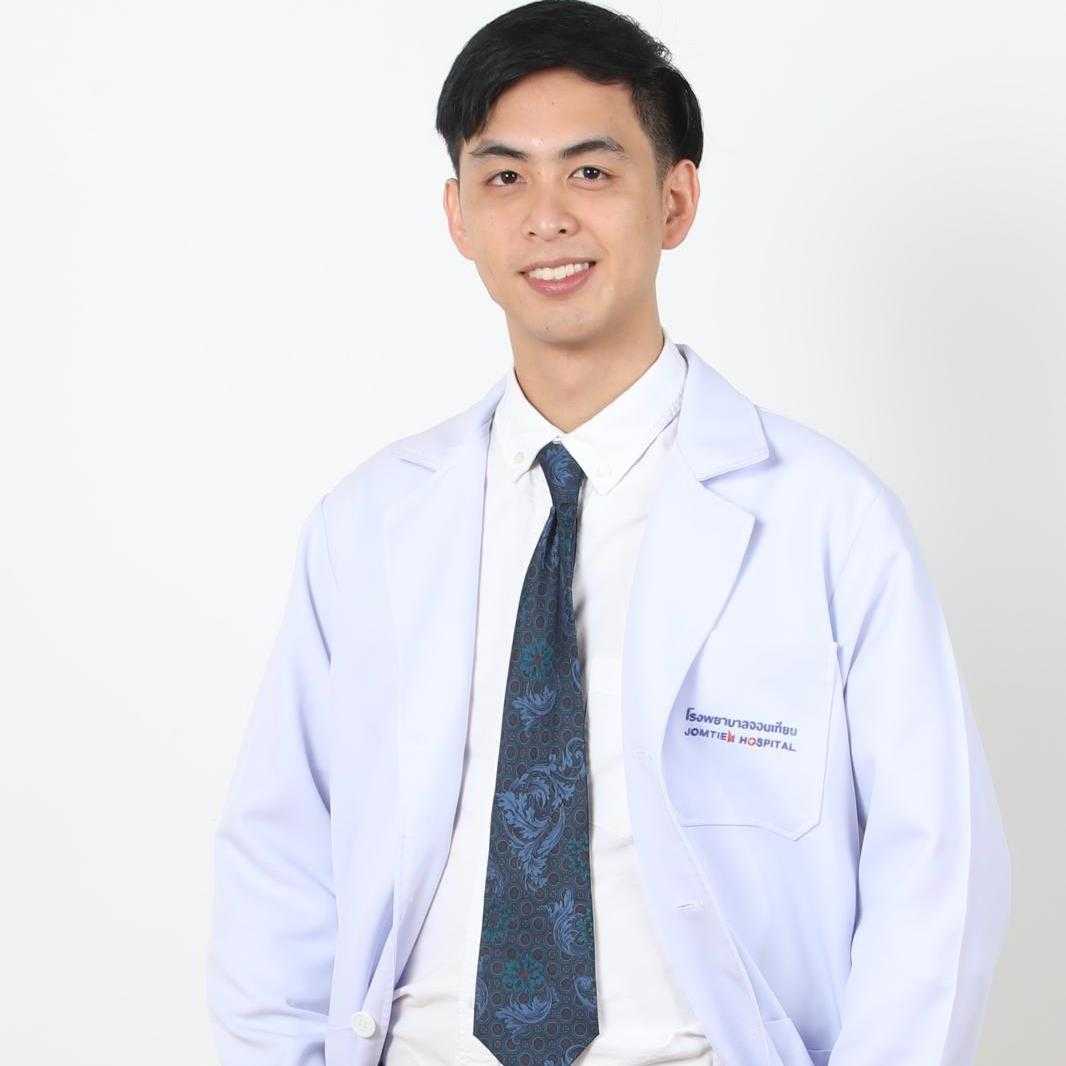
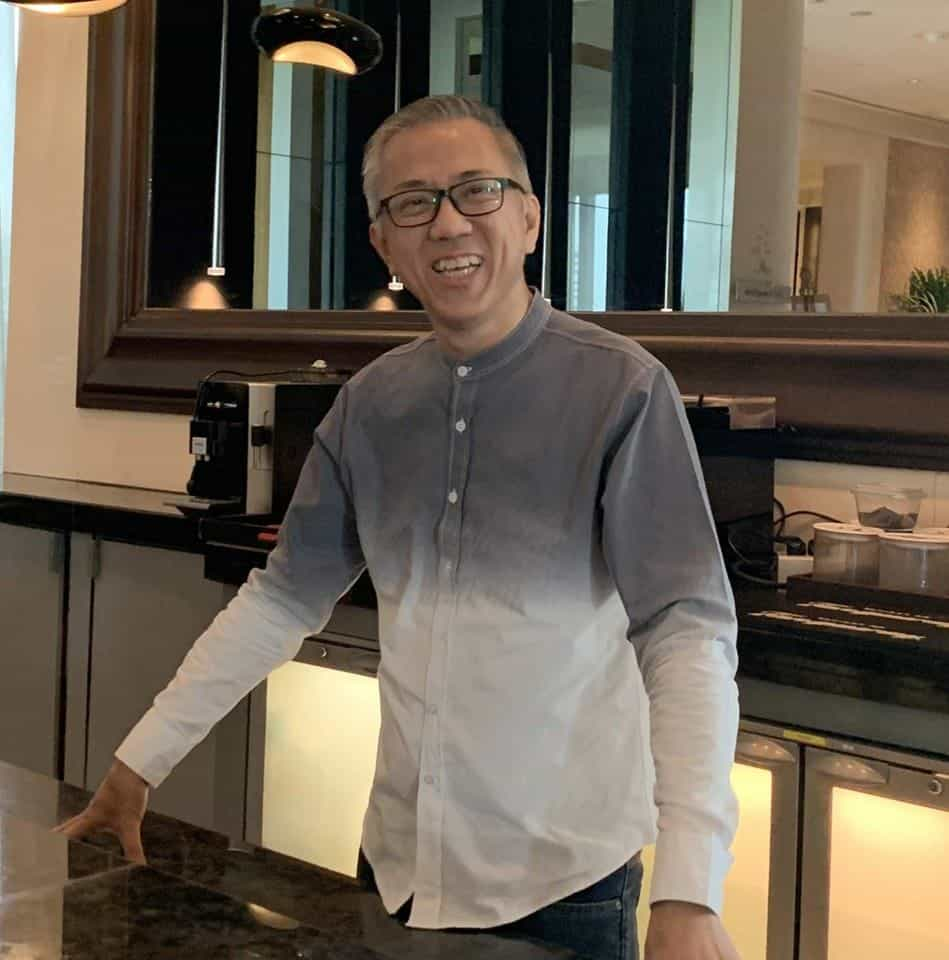
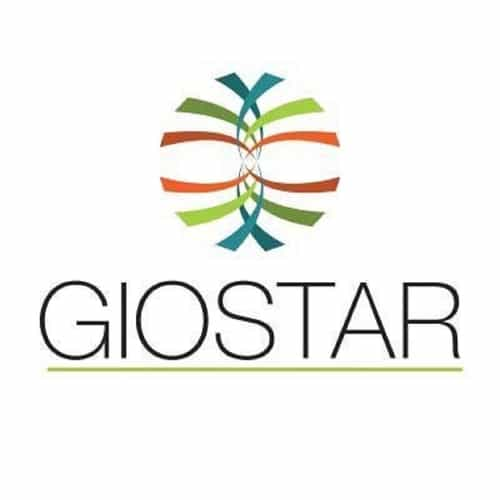
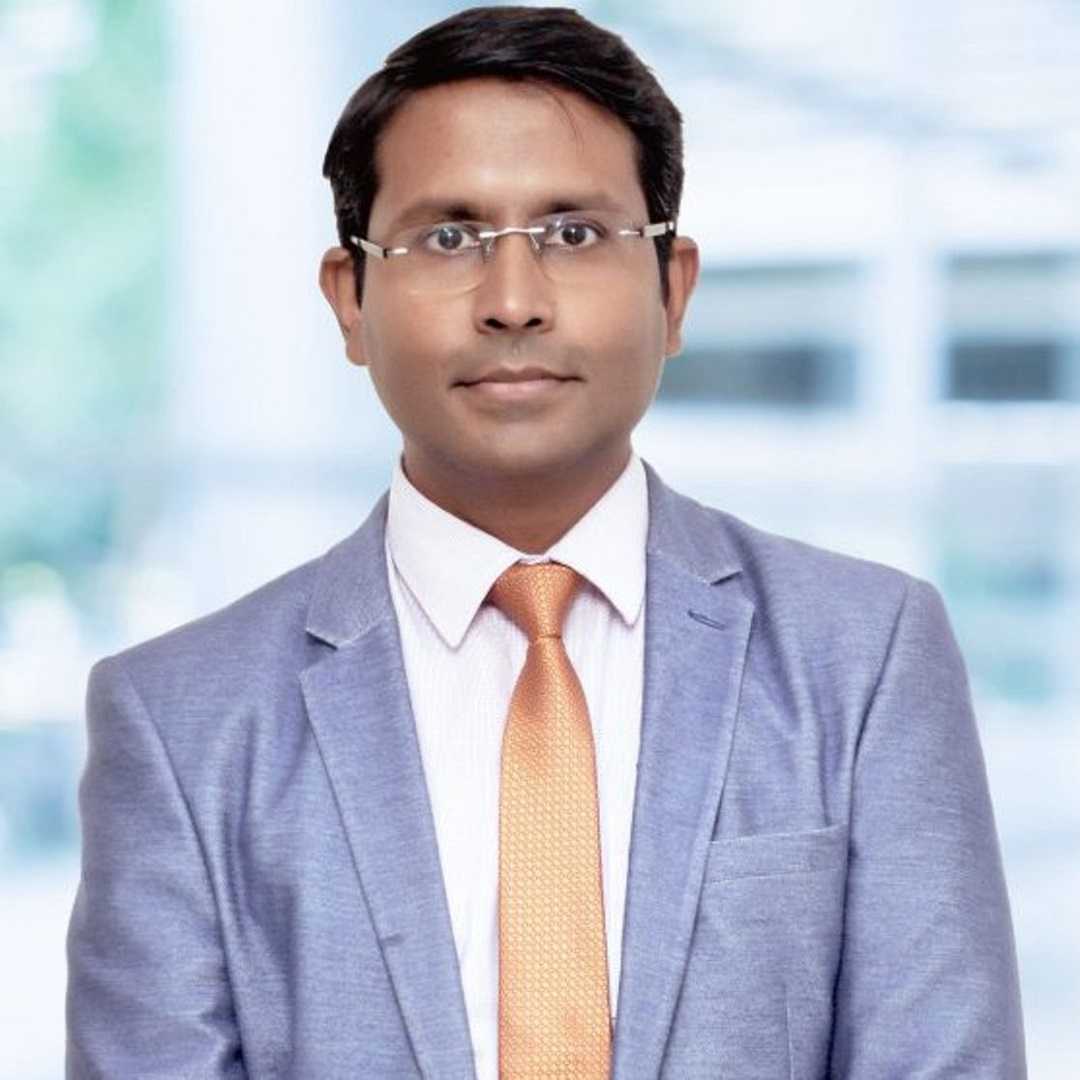
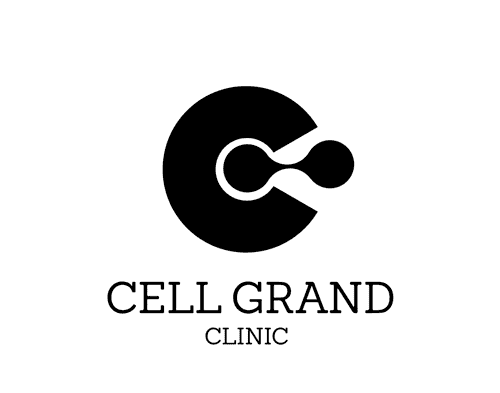
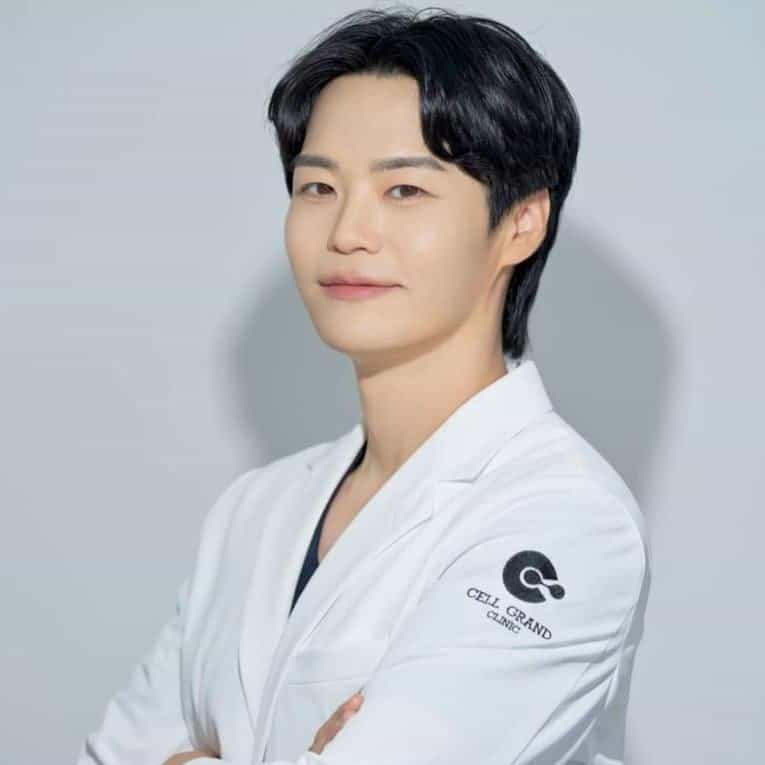
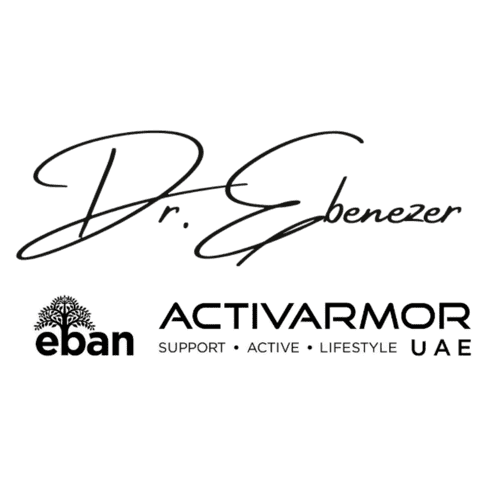
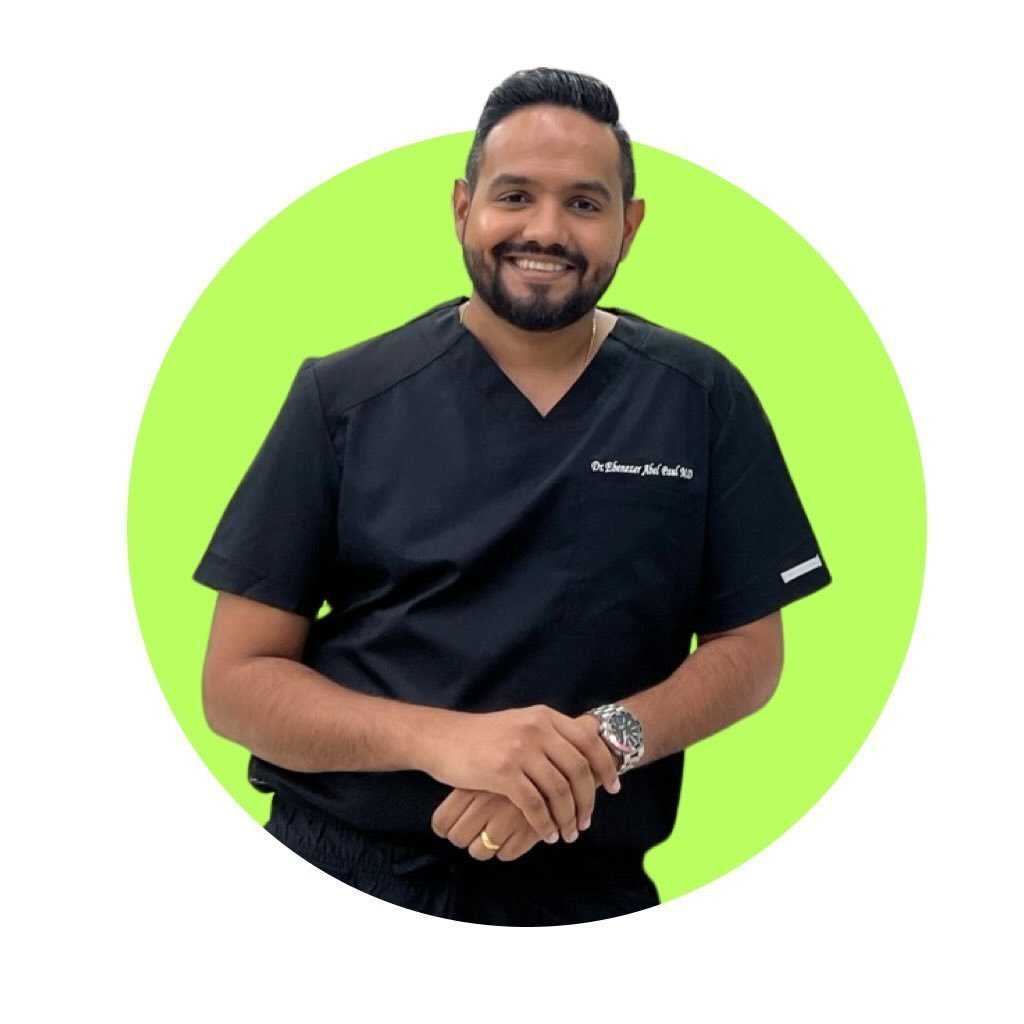
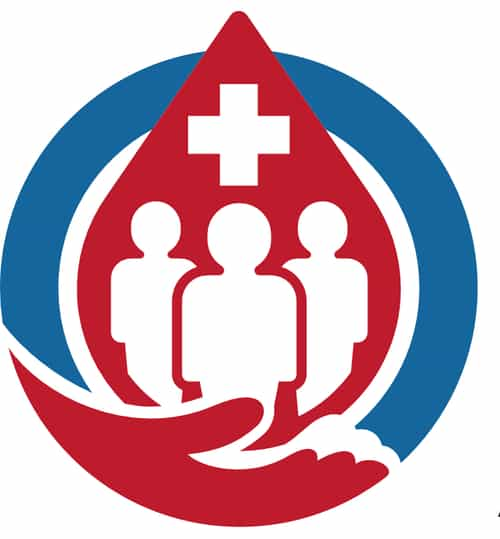

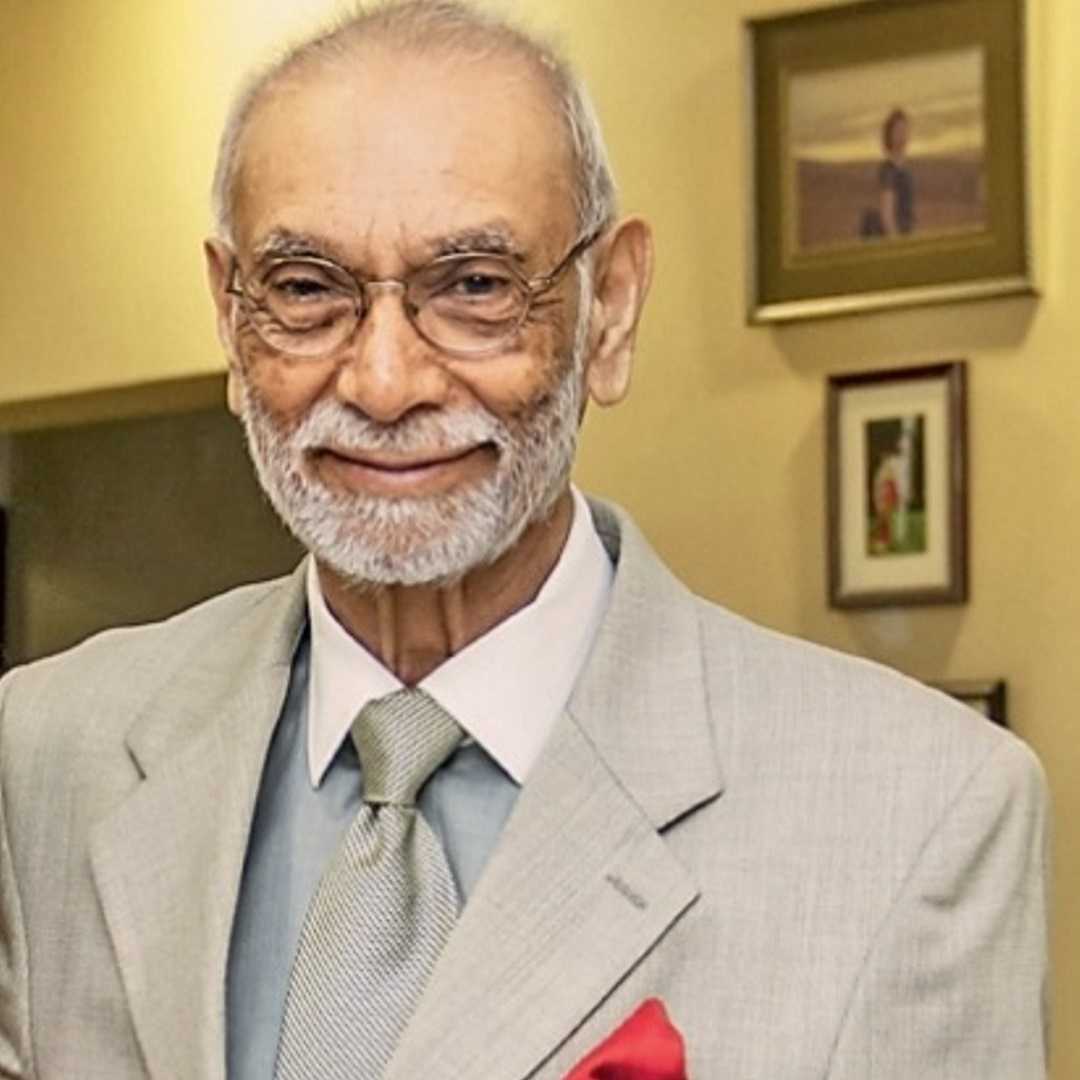
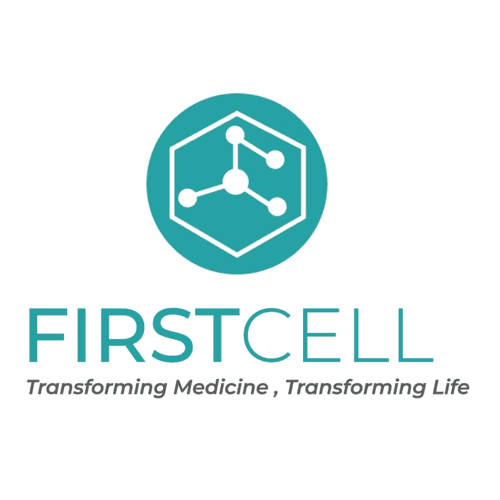
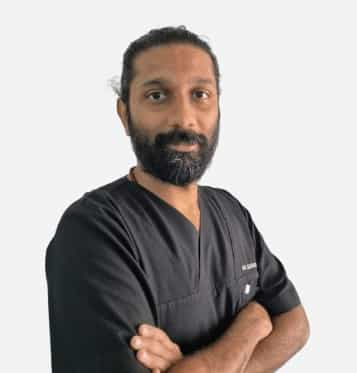
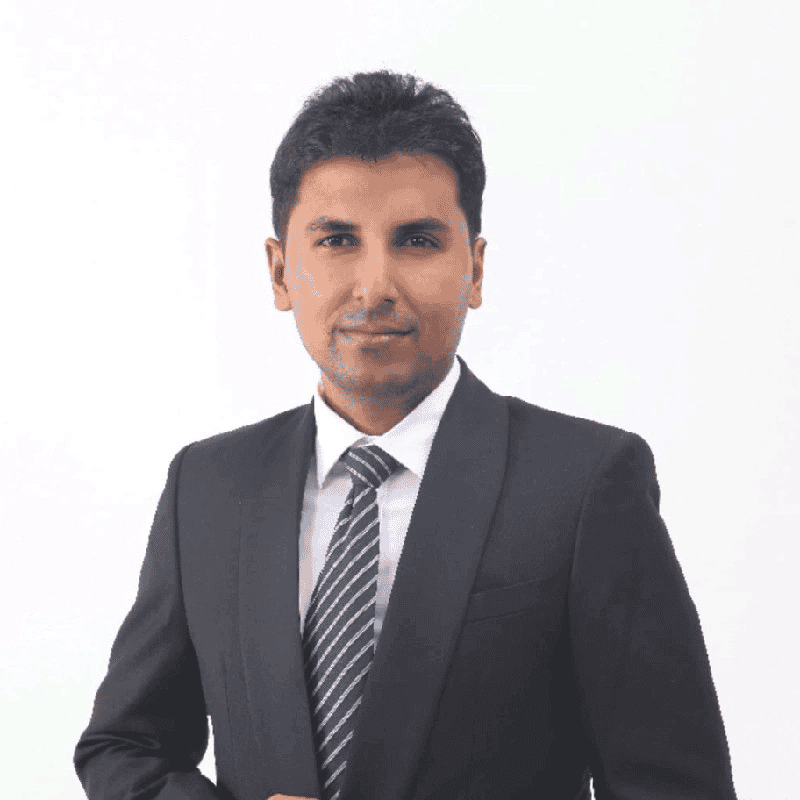
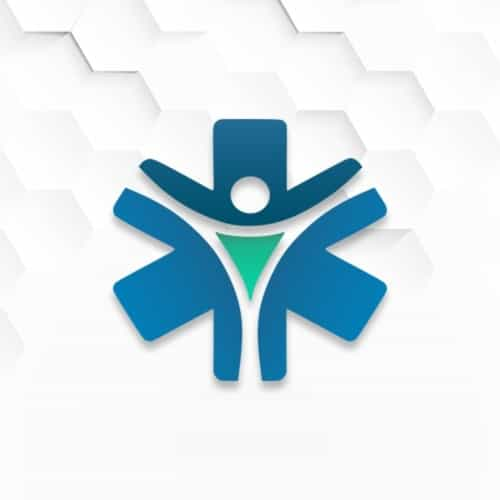
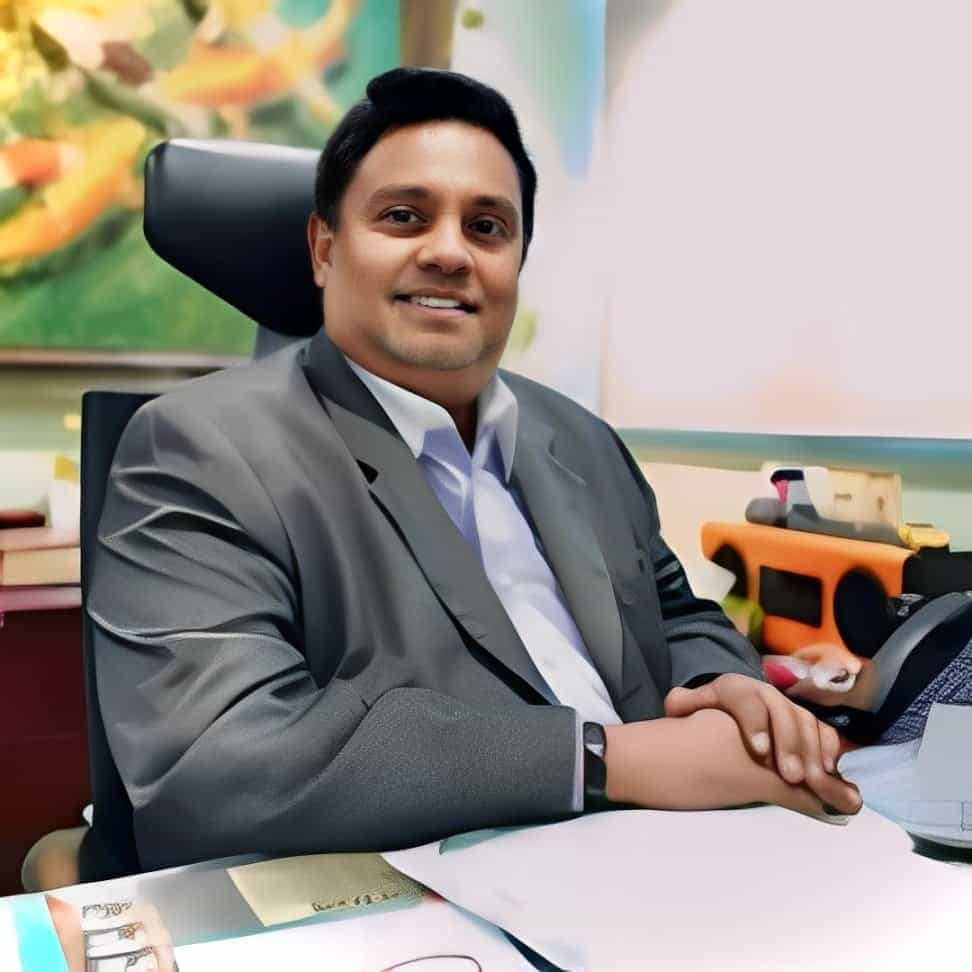
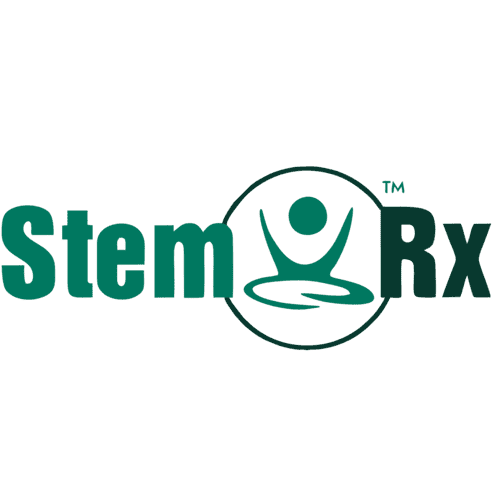
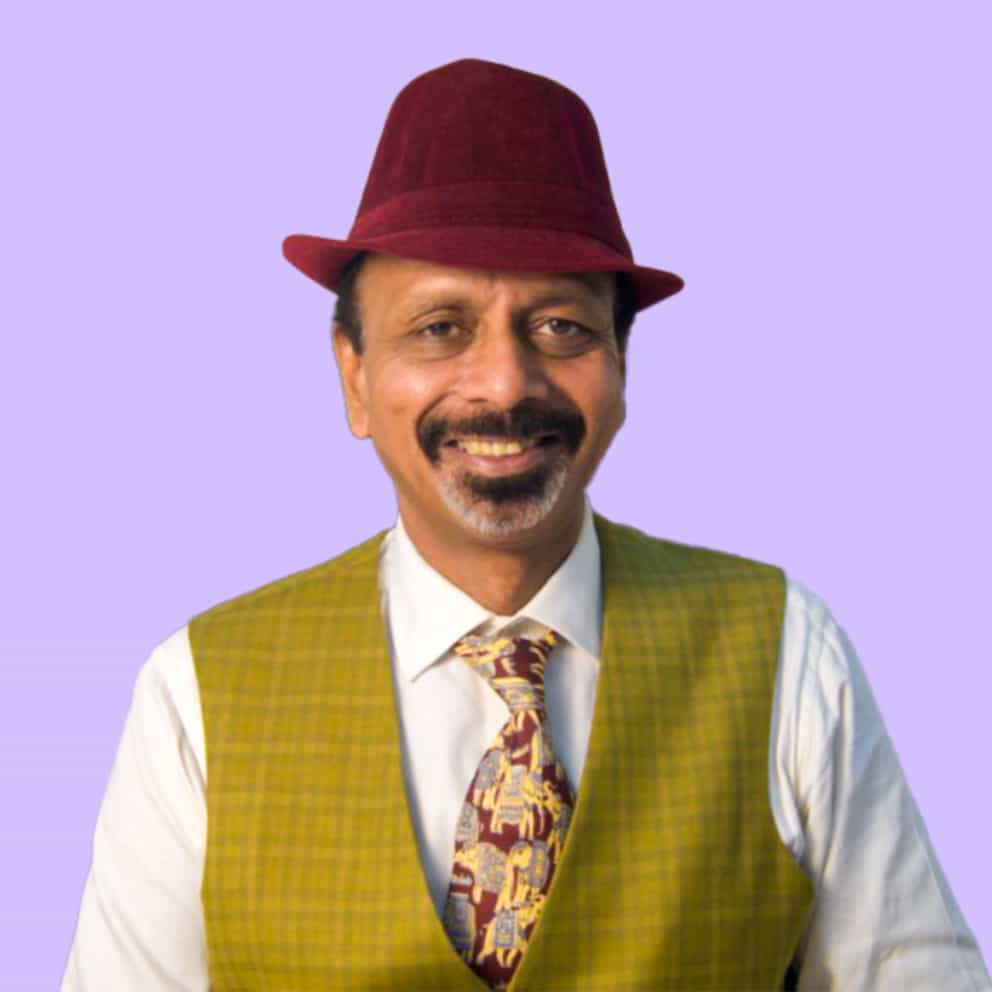
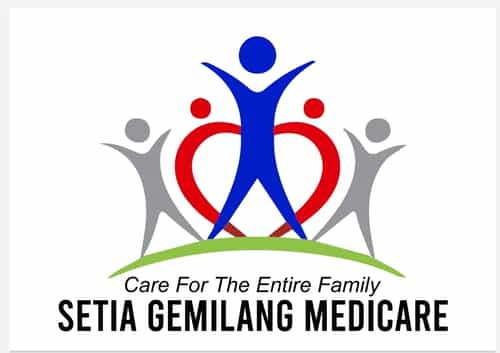
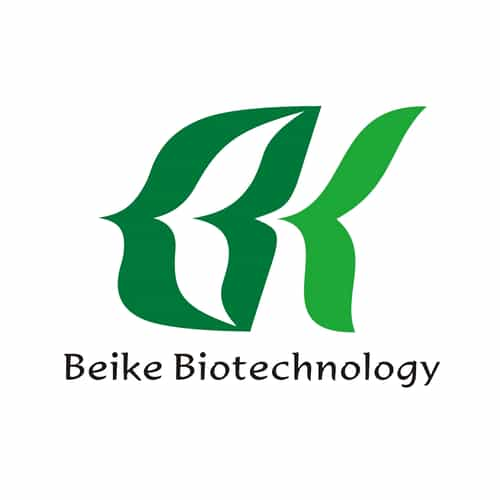
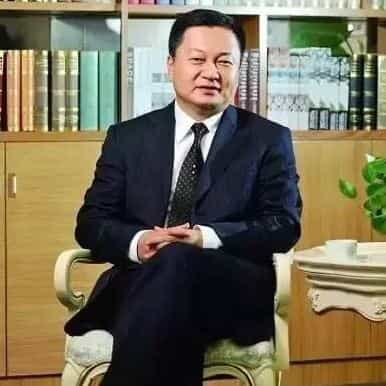
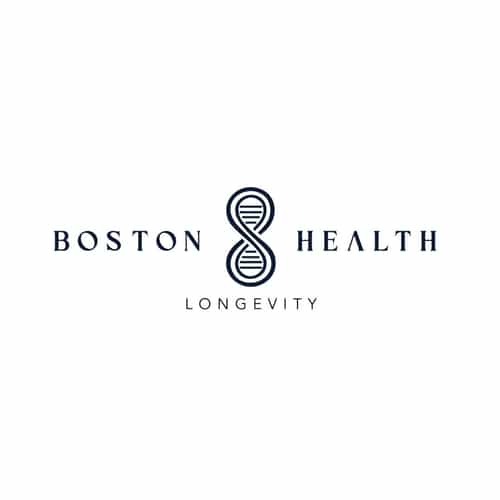
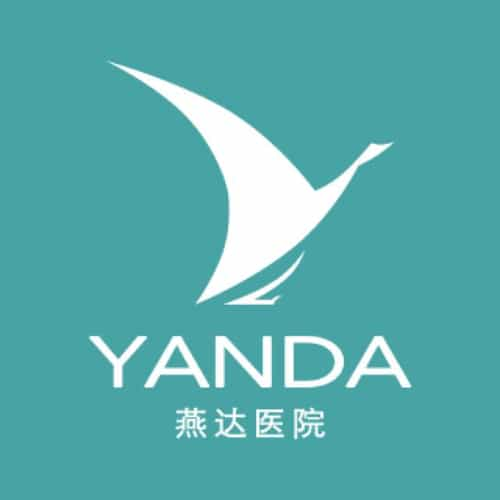
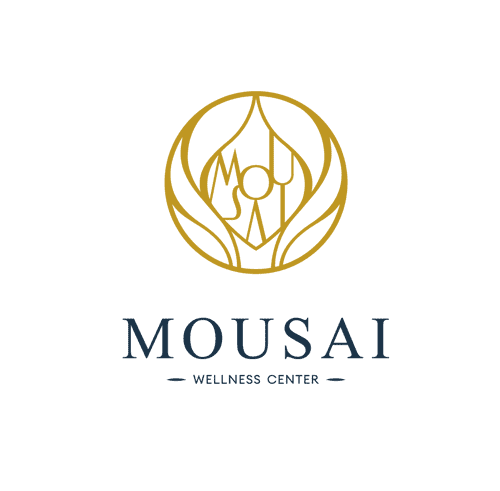
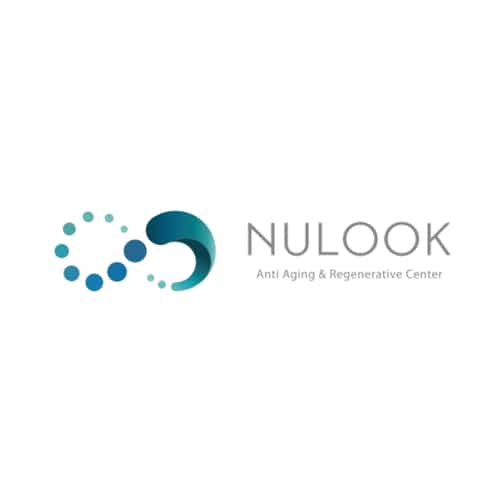
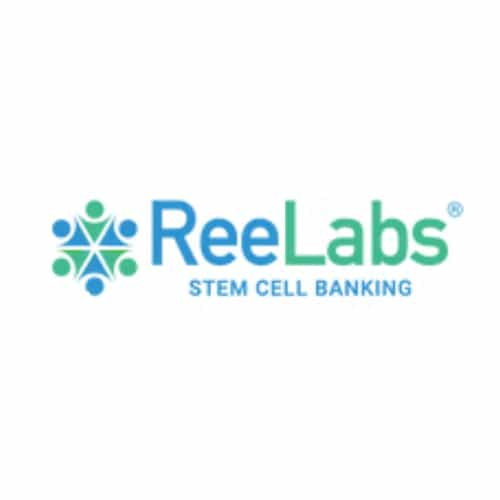
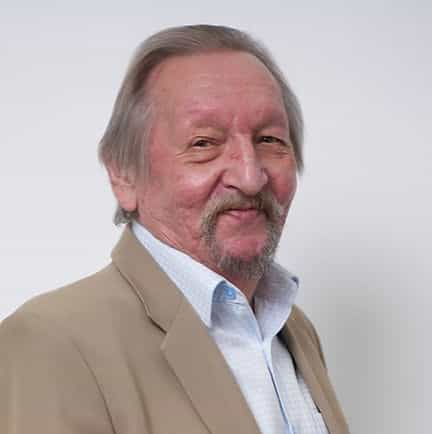
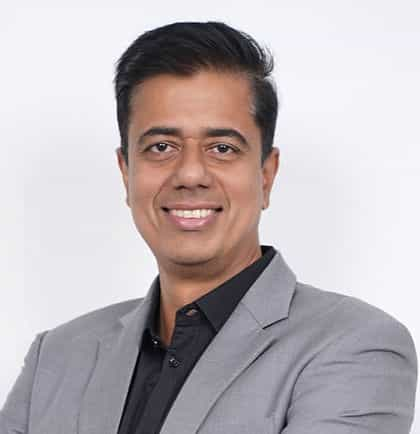
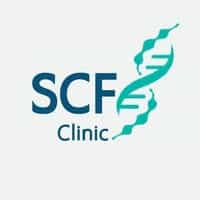



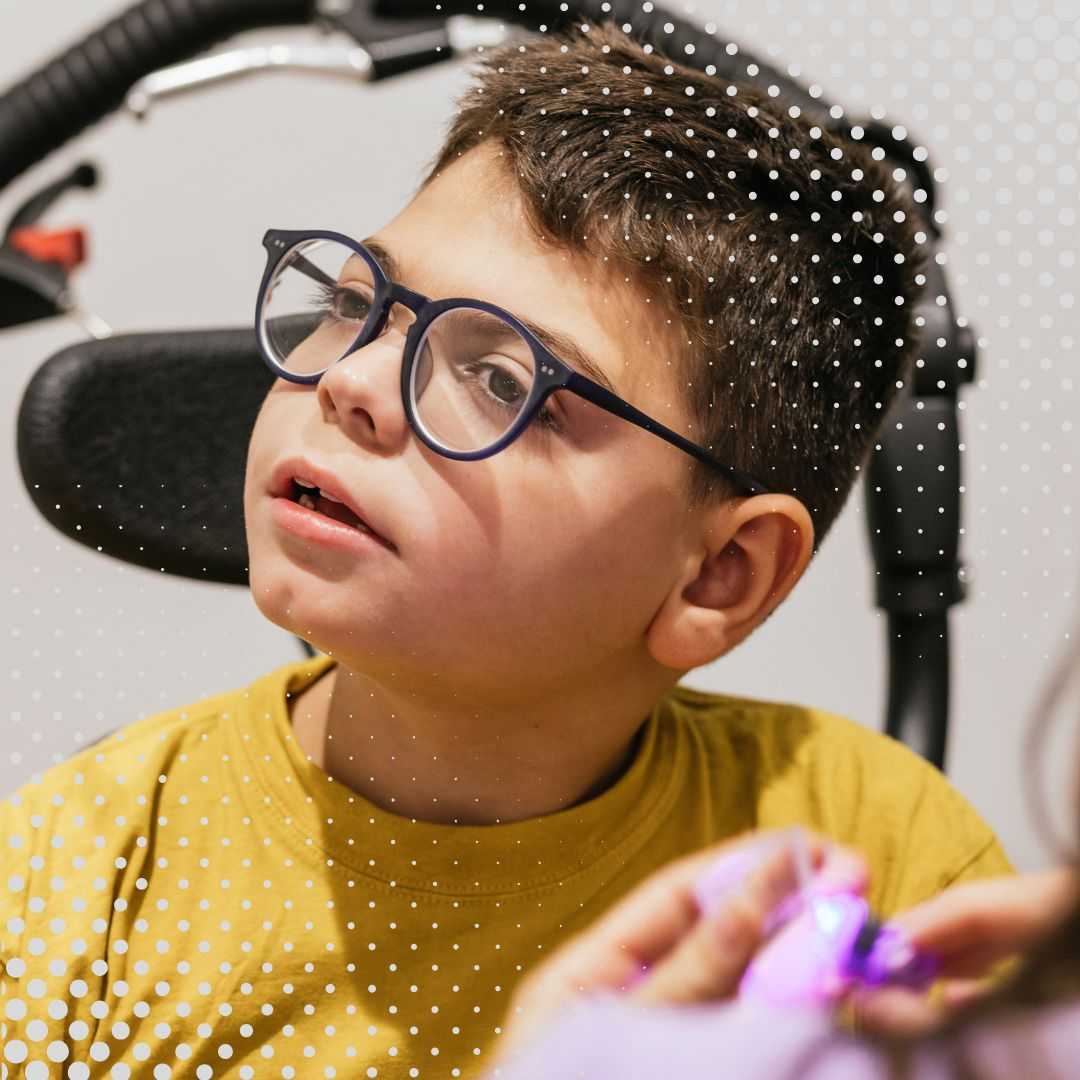
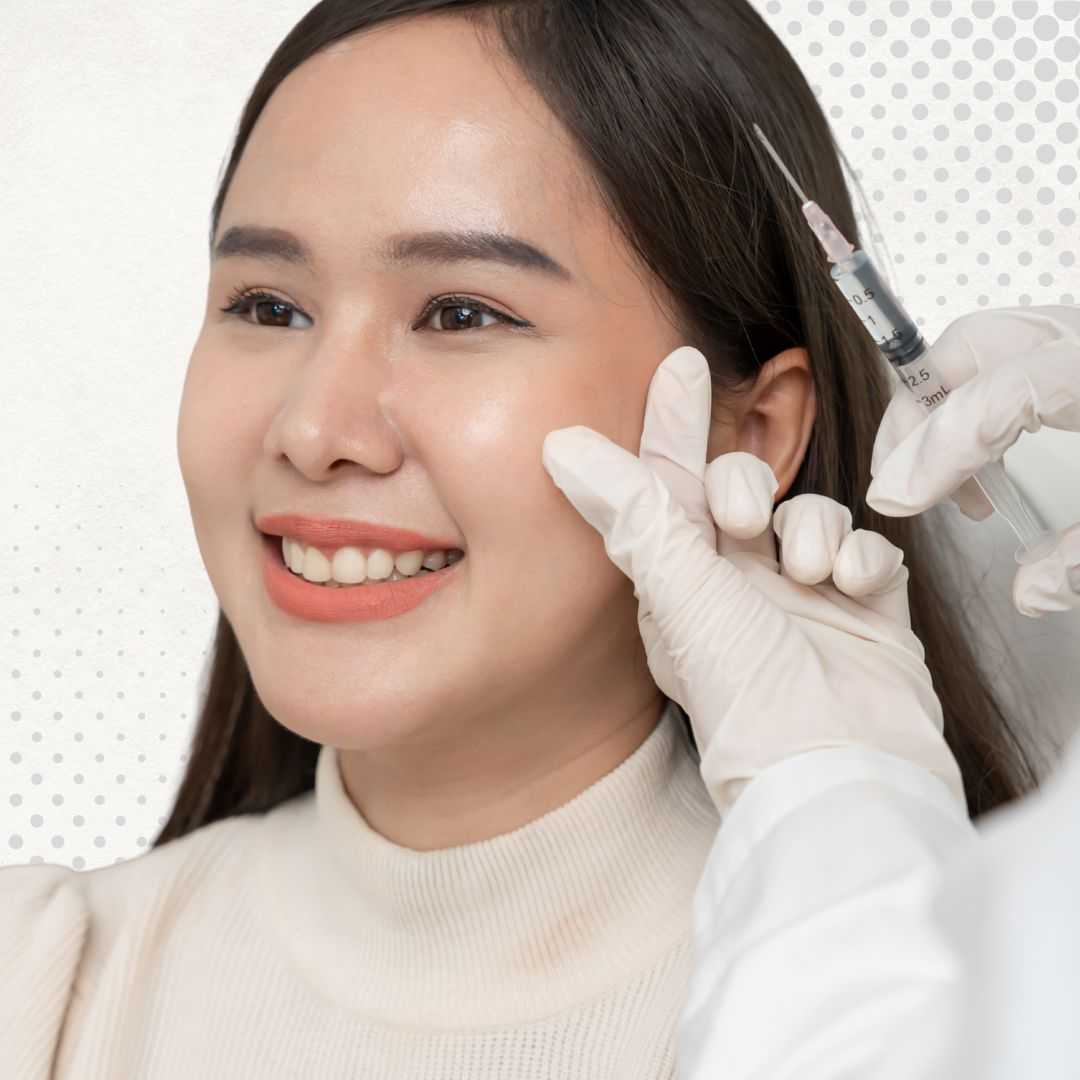
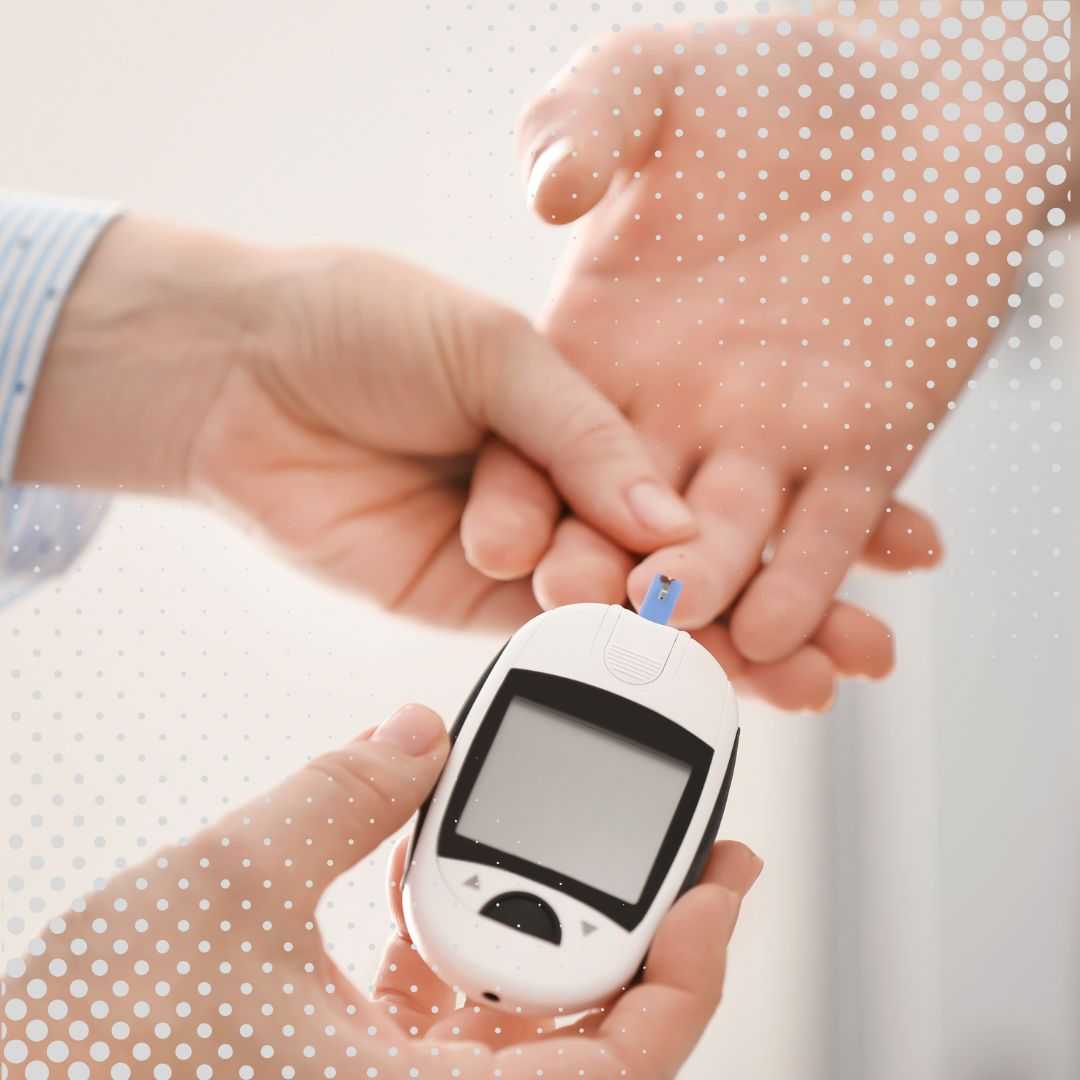

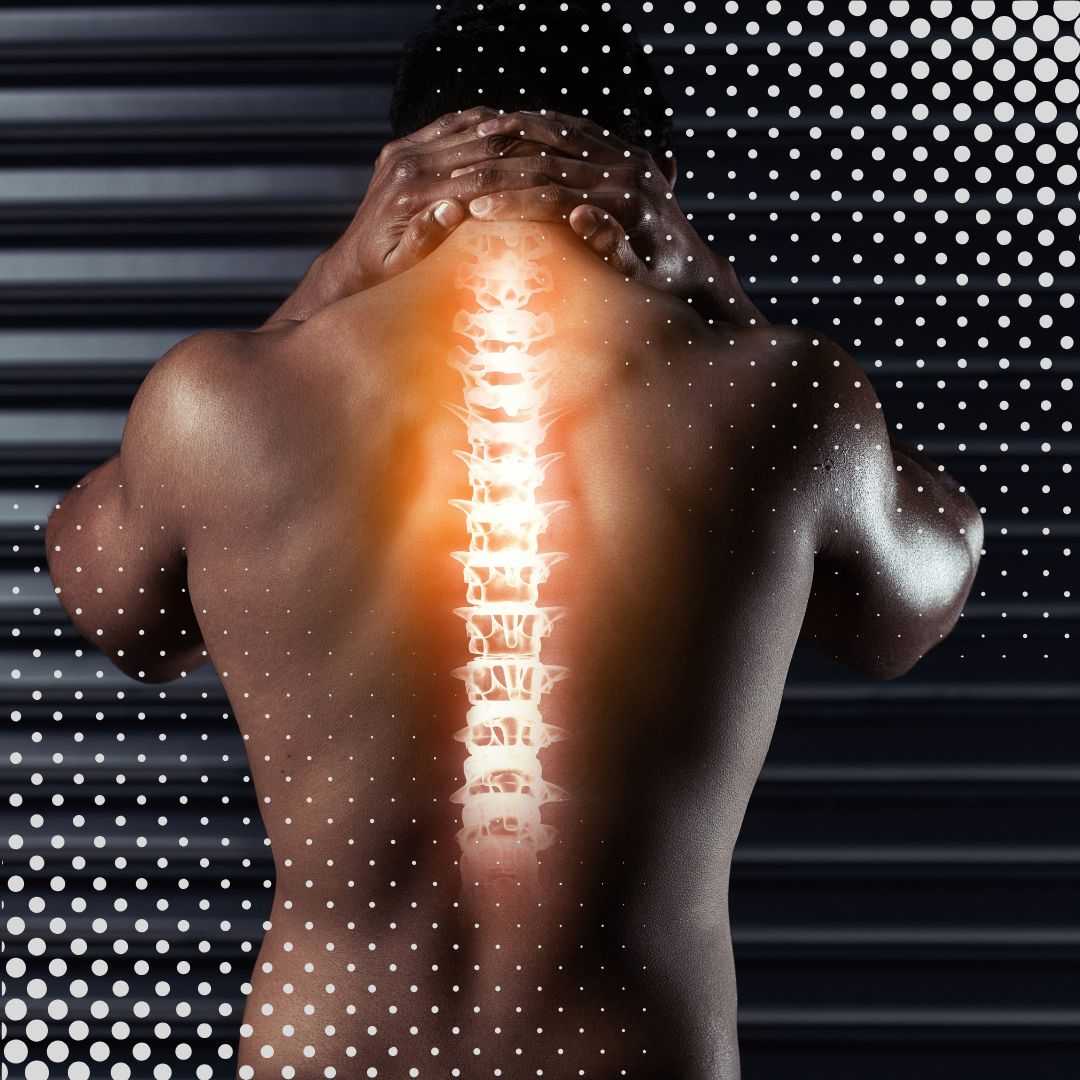

Hospital attended by rich people in Cheongdam-dong, Gangnam
Read More